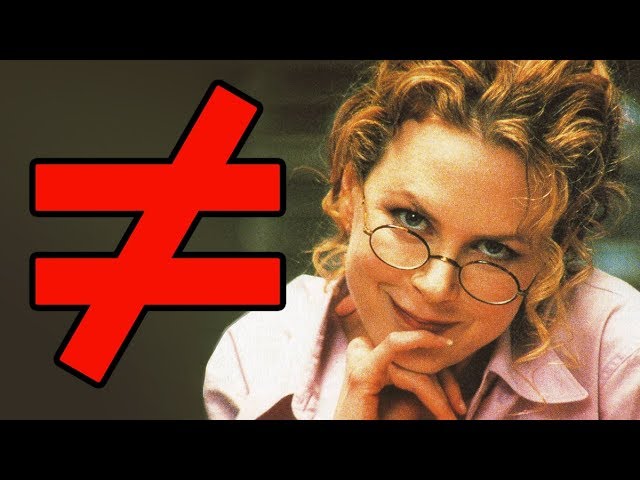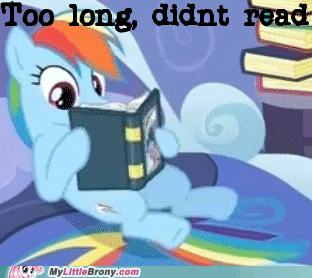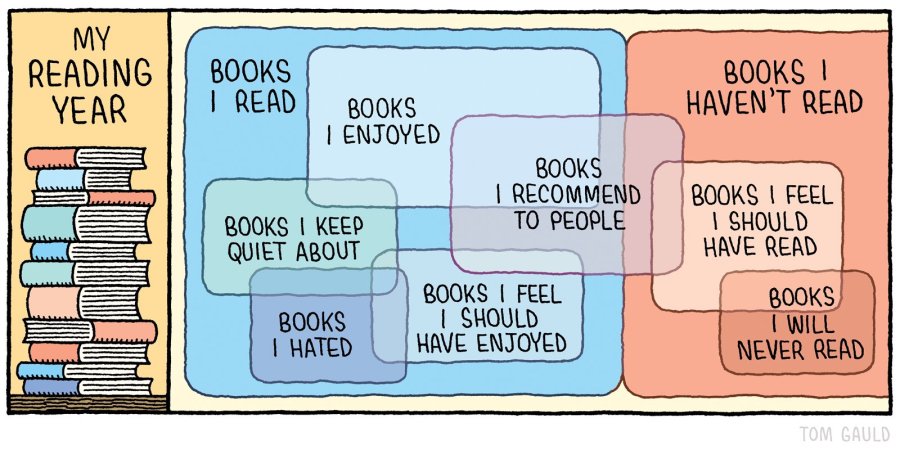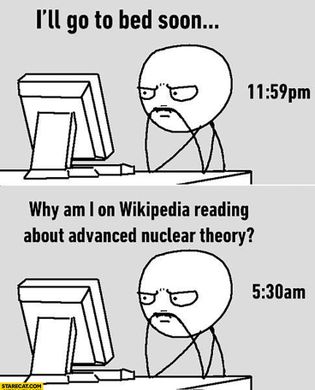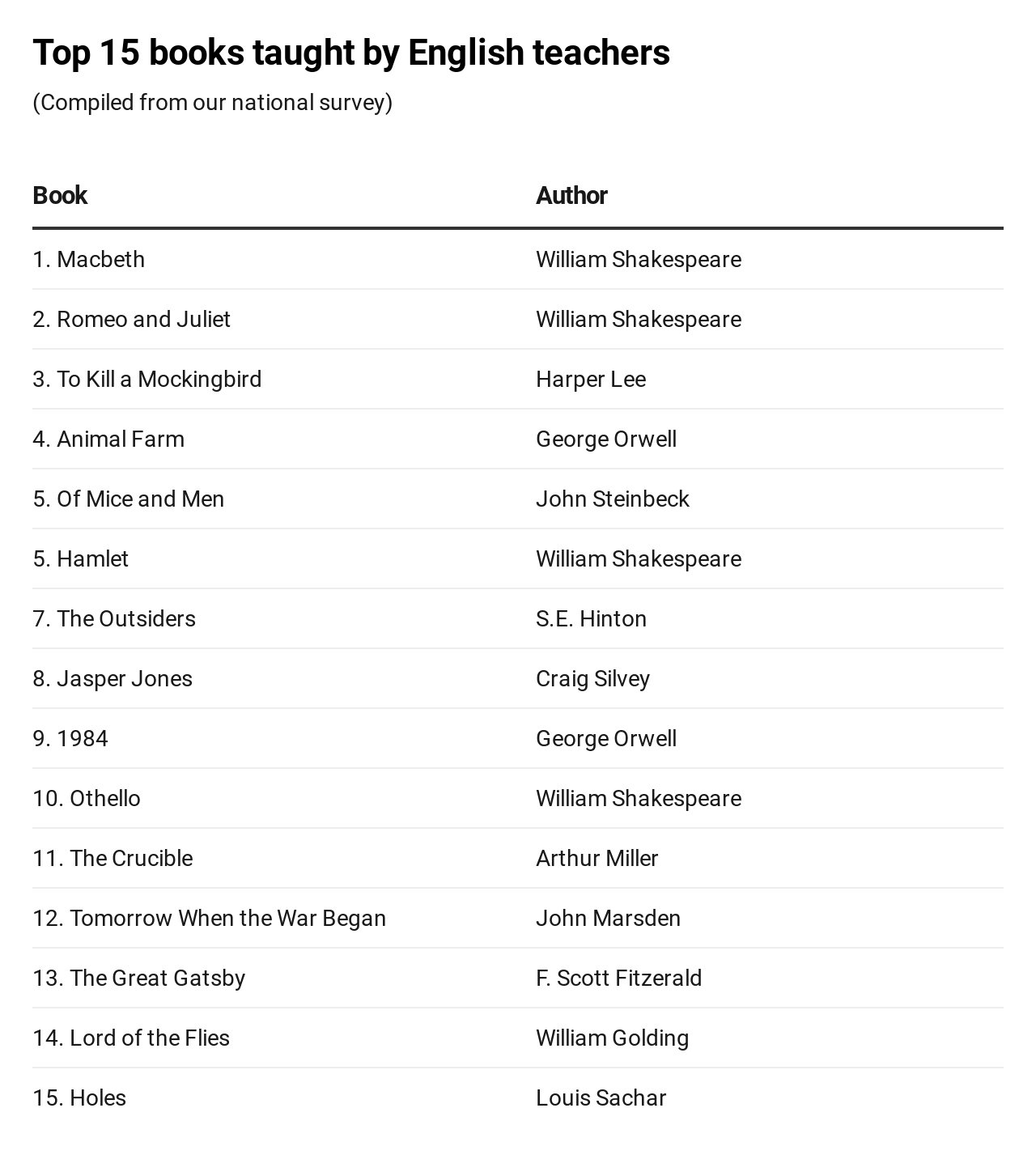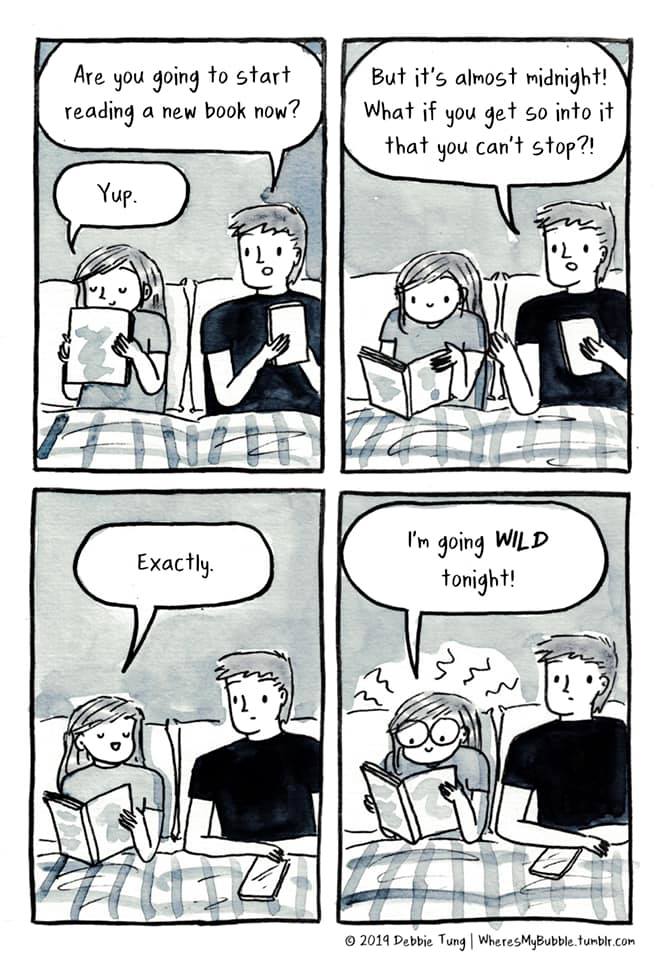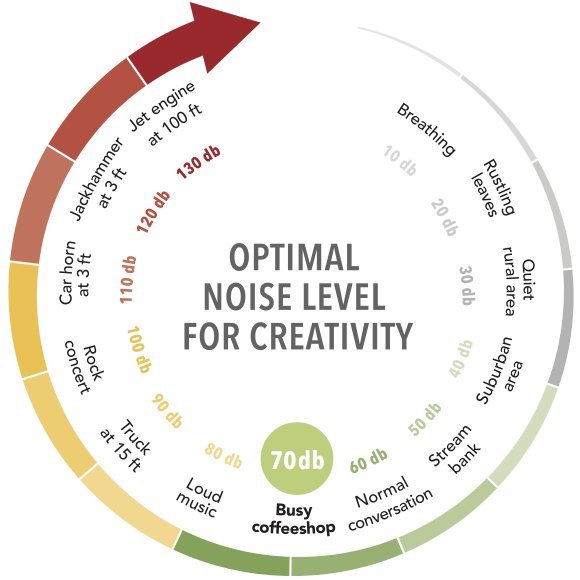Have you ever run across one of those opinion pieces where you understand exactly where the author is coming from but realise they are shaking the wrong end of the stick?
Well, I found one of those pieces on how people have stopped reading novels. Apparently.
The article starts strongly, outlining the evidence for the argument. We get to hear about the “many” conversations that the author has had that confirm their belief.
I’ve gone from writing a regular column on scifi books for The Guardian, to a year without reading novels. What happened?
I keep having the same conversation about novels. I tell people that I don’t think anybody is reading novels any more. Usually, the response is outraged. I have a lot of writer friends. Clearly, none of us like the idea that the readers are drying up. Then I dig a bit and it becomes clear – they haven’t actually read a novel themselves in years.
I’m obviously overwhelmed with this high-quality anecdata. The $122 billion publishing industry, which is expected to grow by 6% by 2023, is bound to just give up now and stop releasing books.
But don’t worry, the author has more evidence…
My primary evidence for the death of the reader is the death of my own reading. It’s been a year since I’ve read a novel. “Well you must just be one of those dumbasses who doesn’t read!” I hear some folks thinking. That would be less worrying, wouldn’t it? But the truth is that, until quite recently, I was a professional reader.
While I was writing my regular column on sci-fi books for The Guardian I was getting through five or six full books a month, and looking at maybe two dozen in part. Plus reading for reviews with SFX magazine and elsewhere. I would trawl through the new releases looking for anything promising. And while doing that, something happened.
I was finding less and less I wanted to read.
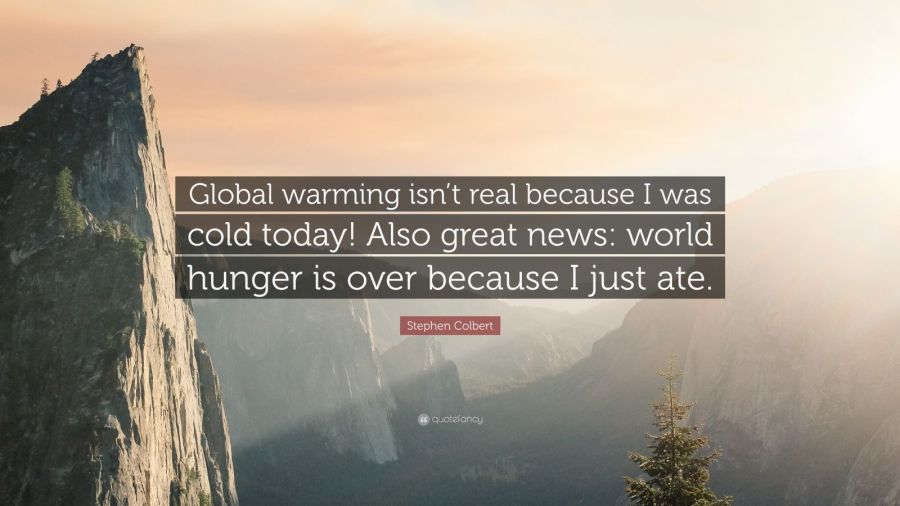
So obviously, the author of this piece is clearly and utterly wrong. They do, however, touch on something important I’d like to discuss. But before I do… I need to say something.
These kinds of unresearched posts written by influential opinion havers annoy me. How hard is it to fact check your uninformed pubinion (get it, pub + opinion) before letting it out into the world? Couldn’t you just keep this sort of uninformed blathering confined to a drunken evening with your mates who won’t remember it in the morning? I mean, check any data on reading, any data on books sales, any data from readers, and you’ll see there are plenty of people reading novels.
But sure, one writer for The Guardian (and elsewhere) and a few their mates haven’t read a book lately, so its all over. Sound The Last Post and bring in the flags, we’re done here.
Really makes you want to start hunting people for sport… I kid, I kid.*
I think a big part of the problem with this argument is that the author doesn’t recognise the actual issue. They burnt out on reading a very specific type of sci-fi/fantasy novel. Yes, they might complain about the bad self-published novels ruining the industry – did I mention they used to write for The Guardian? – but it is clear they don’t read very widely. If I was reading half-a-dozen literary sci-fi/fantasy novels a month, I’d probably be removing any sharp objects from my house to alleviate any spur of the moment desires.
Would it have hurt them to branch out and read some non-literary sci-fi/fantasy? Maybe mix in some romance, crime, western, graphic novels, something, anything, just to have a change of pace. For myself, as much as I love sci-fi, I read just as many fantasies, crime, thriller, horror, philosophy, and non-fiction titles.
This is part of why I dislike the book warden and worthy approach to reading. Those “great books” cause burnout. People stop enjoying reading and engage in other forms of entertainment. The article author mentions several of these, such as the competition from digital and social media, and the rise of prestige television. And to some extent this is happening already, people aren’t reading books because the novels they are told are the important or best ones to read aren’t as interesting as gaming, or TV, or movies.
By not identifying the actual problem it becomes very easy to lay the blame in exactly the wrong place. Let’s blame Dan Brown. How dare he entertain people with his terrible books. Let’s blame self-publishing. How dare authors release the equivalent of pulp novels onto the market. Let’s blame all those books I refuse to read as the reason I’m not reading. But the problem is the “great books” mentality and sticking to only one type of “worthy” novel.
The author wants a revolution in the industry to bring about the novel equivalent that “Mad Men or Breaking Bad” were to TV. But I’d suggest they would miss the revolution. They’ve walled themselves off in one specific sub-genre, complaining about how there aren’t enough shows like Twin Peaks and The X-Files, that they missed Deadwood, The Wire, and literally every other show.
Maybe, just maybe, it’s time to acknowledge that there is more to novels than the ones marked “Literary Snob Approved”.**
* Although, you might want to start running, and don’t forget your haversack and hunting knife.
** Also known as Award Winning.


